Our evaluations and opinions are not influenced by our advertising relationships, but we may earn a commission from our partners’ links. This content is created independently from TIME’s editorial staff. Learn more about it.
While the terms money market account (MMA) and money market fund sound very similar, these two vehicles aren’t the same.
- A money market account is a type of savings account opened at a bank or a credit union. These accounts are federally insured.
- A money market fund is a type of mutual fund that invests in short-term money market instruments. These funds are not federally insured.
What is a money market account?
A MMA is an interest-bearing account opened at a commercial bank or a credit union. MMAs are federally insured through either the Federal Deposit Insurance Corporation (FDIC) at banks or the National Credit Union Administration (NCUA) if the account is held at a credit union.
MMA rates tend to be higher than the best savings account or best checking account rates. Many MMAs also offer check writing and give account holders debit cards to help them access their cash when needed.
In some cases, MMAs may require that a minimum balance remain in the account. If the account balance falls below this level, there could be fees assessed against the account.
 | 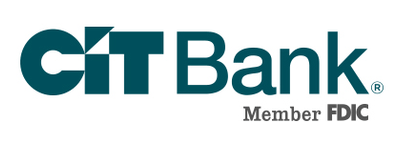 | 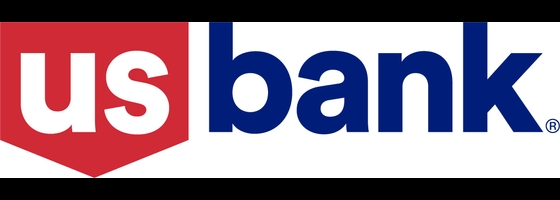 | |
|---|---|---|---|
| APY* | 5.00% | 1.55% | 4.25% |
| Min. deposit | $100 | $100 | $100 |
| View Offer | View Offer | View Offer |
Only new account clients with balances of $25,000+ earn the advertised 4.25% APY rate for the U.S. Bank Elite Money Market Account
What is a money market mutual fund?
A money market mutual fund is an investment account. It is a type of mutual fund that invests in highly liquid, low-risk money market securities, such as short-term Treasury securities and corporate and bank debt instruments. In some cases, a money market fund might invest in municipal securities offering certain tax advantages.
These accounts can be obtained from brokers and investment companies such as Vanguard, Fidelity, or Charles Schwab. Money market accounts are very low risk, but they are not insured.
Money market account vs. money market fund: key differences
MMAs and money market funds are different types of accounts. Here are some of the key differences.
| Money market account | Money market fund | |
|---|---|---|
Deposit insurance | A money market account is federally insured by either the FDIC or the NCUA. | These accounts are not insured, but considered to be relatively safe. |
How the money is invested | Money is deposited with the bank or credit union and interest is paid on the balance in the account. | Money market funds invest their clients’ money in a range of low-risk money market instruments such as Treasury securities, short-term corporate and municipal securities, and other short-term debt instruments. |
Type of account | This is an insured savings account with a credit union or a bank. | This is a mutual fund. Money is pooled together and invested on your behalf by professional money managers in low-risk, short-term debt instruments. |
Interest rate | Typically a fixed interest rate. | The interest will be variable based on the overall returns of the fund’s underlying investments. |
Where can I get an account? | Available through banks and credit unions. | Available through brokers, investment firms, and in some 401(k) plans. |
When is a money market account the right choice?
A MMA is a good choice for an emergency fund or other needs where accessibility is key. If a major unexpected expense were to arise, you could pay it directly from the money market account or transfer the money to your checking account.
MMAs offer the peace of mind of federal deposit insurance and are a good option for savers wanting a decent risk-free return and good liquidity. However, they can also restrict the number of withdrawals you can make and often impose a minimum balance. In many cases, you won’t be able to open a MMA with just a few dollars.
When is a money market fund the right choice?
A money market fund is often the cash option offered in an investment account by a brokerage firm or investment firm. It can serve as an interest-bearing “parking spot” for cash when investments in the account are sold. This allows investors quick access to new opportunities when they arise without having to transfer cash from an outside source.
Money market funds generally have check-writing options and money can be transferred to an outside account at a bank or another institution if needed. As long as the interest rate is competitive and the fund’s expense ratio is not excessive, a money market fund can also be a good option for your cash.
What are alternatives to money market funds and money market savings accounts?
There are a number of short-term investment account alternatives. Examples include:
CDs
Certificates of deposit or CDs are federally insured savings vehicles with a set term. This term might be a few months or several years, perhaps as long as 10 years. During this period, the CD pays interest at a set rate. Interest may be paid monthly, semi-annually, annually, upon maturity, or on some other schedule. Upon maturity, the CD holder receives the value of the CD.
If a CD holder needs to withdraw the money earlier, there is generally a withdrawal penalty. Some banks don’t charge customers for early withdrawals. However, these CDs will usually offer a lower interest rate. CD rates can vary among banks, so be sure to check online to determine if you are getting the best rate for the time period you want.
 | 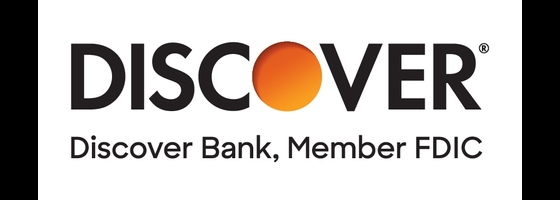 | 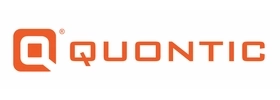 | |
|---|---|---|---|
| APY* | 3.00% | Up to 4.70% | 4.50% |
| Term | 6 months | 3 months to 10 years | 12 months |
| Min. deposit | $1,000 | $2,500 | $500 |
| View Offer | View Offer | View Offer |
High-yield checking account
High-yield checking accounts are special accounts offered by some banks and credit unions that pay favorable interest rates. In exchange for these higher interest rates, account holders may need to meet certain conditions, such as conducting no more than a specific number of monthly transactions. Typically, violating even one of these restrictions can drastically reduce the interest rate you receive for that month.
High-interest checking accounts offer a better return than conventional checking accounts and the liquidity that many investors are seeking from a short-term investment account. When looking for the best high-yield checking accounts, note that many credit unions pay the highest interest.

Quontic High Interest Checking
Quontic High Interest Checking
High-yield savings accounts
High-yield savings accounts are available from many banks and credit unions. These accounts are federally insured through either the FDIC or the NCUA and are more common with online banks or credit unions as they generally have a lower cost structure than brick-and-mortar institutions.
Many of these accounts offer access through checking and debit options as well as the financial institution’s app. In exchange for the higher interest rate, there may be limitations on the number of withdrawals that can be made each month.
 |  | 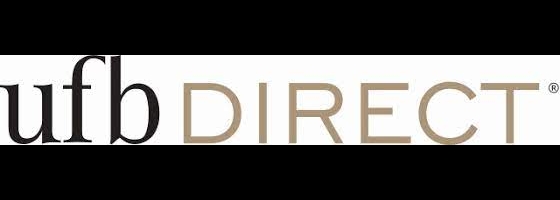 | |
|---|---|---|---|
| APY* | 5.05% | 4.25% | 5.25% |
| Min. deposit | $100 | $0 | $0 |
| Monthly fee | $0 | $0 | $0 |
| View Offer | View Offer |
TIME Stamp: Money market accounts and money market funds are short-term investment vehicles with different characteristics
MMAs and money market funds can be attractive short-term investment options. Both pay competitive interest rates and offer good liquidity and access to your money if needed.
Beyond that, however, these are two different types of accounts. An MMA is an insured savings account with a bank or credit union. While your money is accessible, there may be some restrictions on the number of transactions allowed on a monthly basis.
Money market funds are mutual funds and not insured. They invest in various money market instruments and other short-term investments. Money market funds are generally offered by brokerage and investment firms and often serve as the investing account’s cash option.
Frequently asked questions (FAQs)
Are money market accounts safe?
MMAs are federally insured either by the FDIC if held at a bank or by the NCUA if opened at a credit union. Each account is insured up to the applicable limits. Moreover, the money parked in an MMA is not invested in risky instruments. Interest rates on the account may rise or fall, but there is little chance that an account holder will lose money.
There are a number of excellent MMAs including the CIT Bank MMA, the Quontic MMA, and the U.S. Bank MMA.
Are money market funds a form of mutual fund?
Money market funds are a type of mutual fund. They differ from a mutual fund that invests in stocks or bonds in that the mutual fund company strives to keep the money market fund’s net asset value (NAV) at $1 per share. Over time very few money market funds have ever “broken the buck” and had their NAV dip below $1. This was a concern among investors during the Great Recession of 2007– 2009.
Money market funds are generally considered to be a very safe haven for your cash. They are much less risky than mutual funds that invest in stocks. However, they are not federally insured and investors can lose money.
How do you invest in money market funds?
Money market funds are offered by brokerage firms, investment companies, and other financial services firms. They are often the account where the proceeds from selling investment holdings are deposited. This is also the destination of money contributed to the account. Money market funds are available in both taxable investment accounts as well as in IRAs. Many 401(k) plans will offer a money market fund as one of their investing options.
The information presented here is created independently from the TIME editorial staff. To learn more, see our About page.

